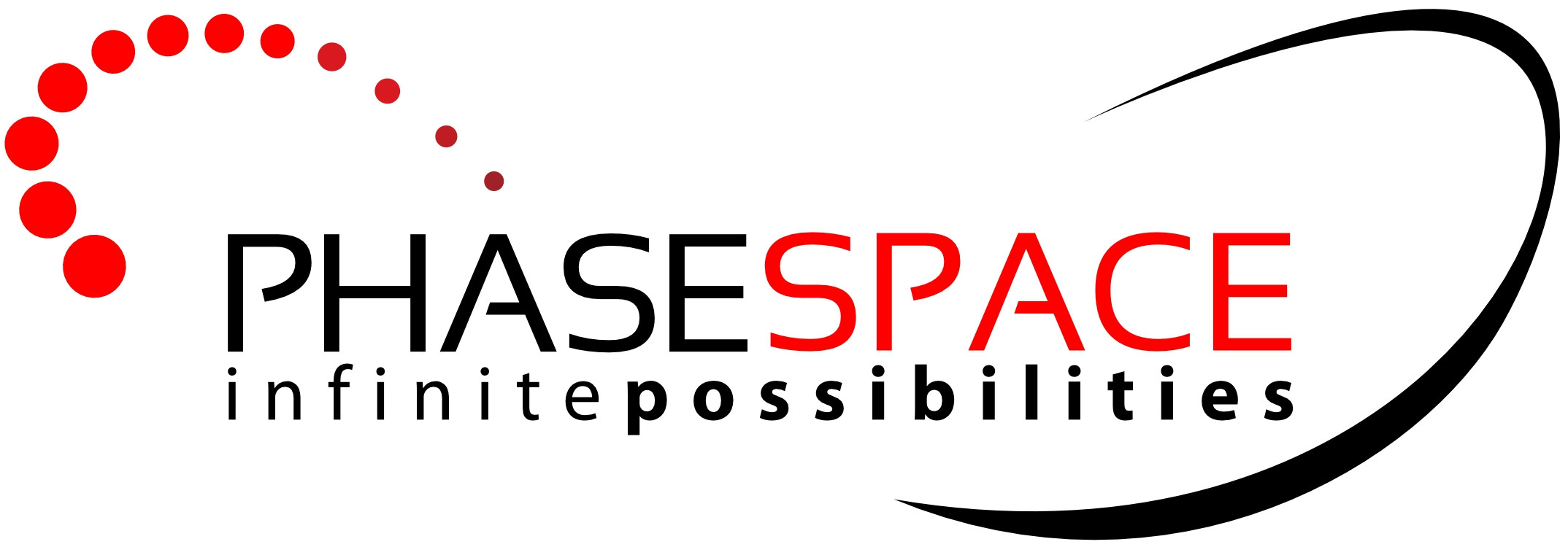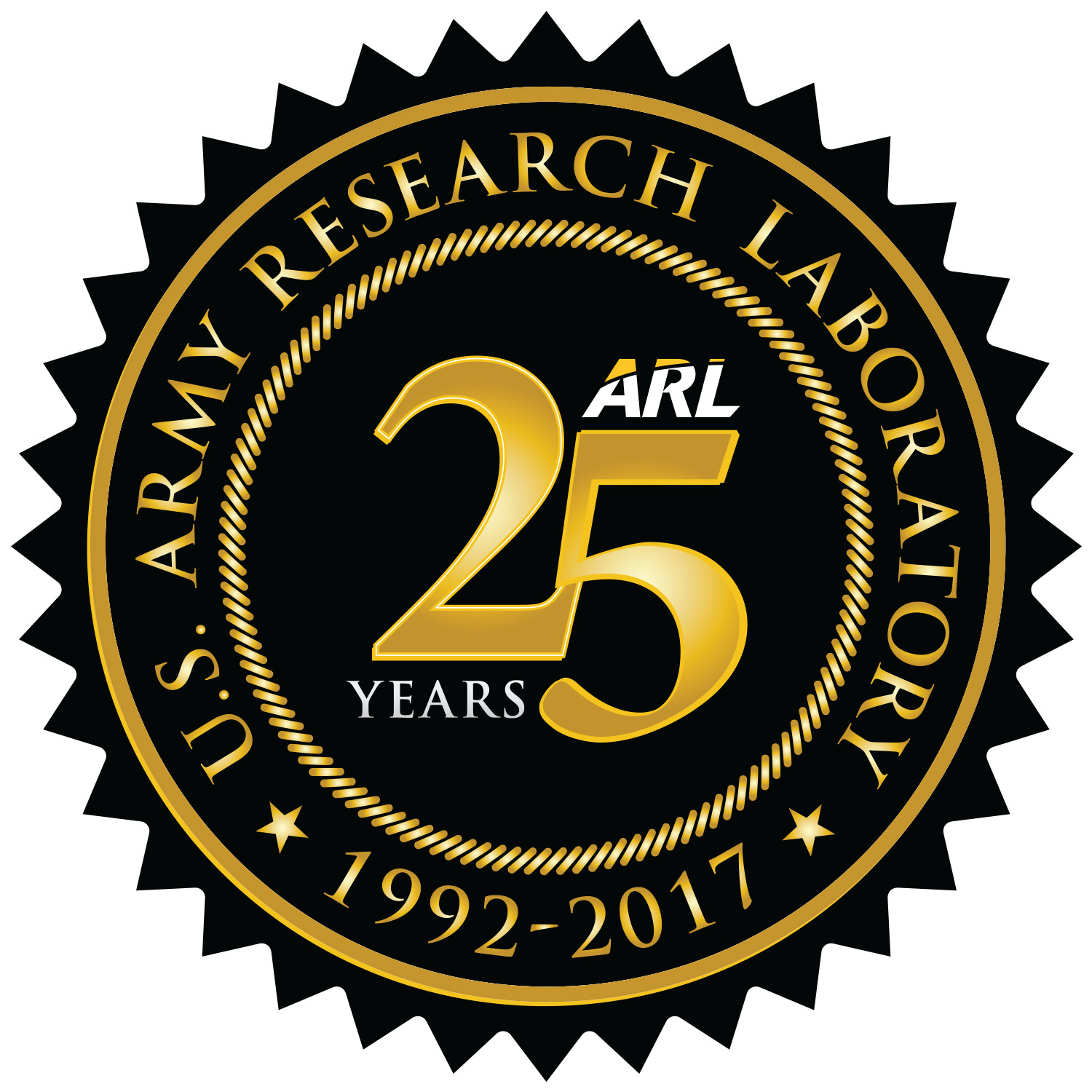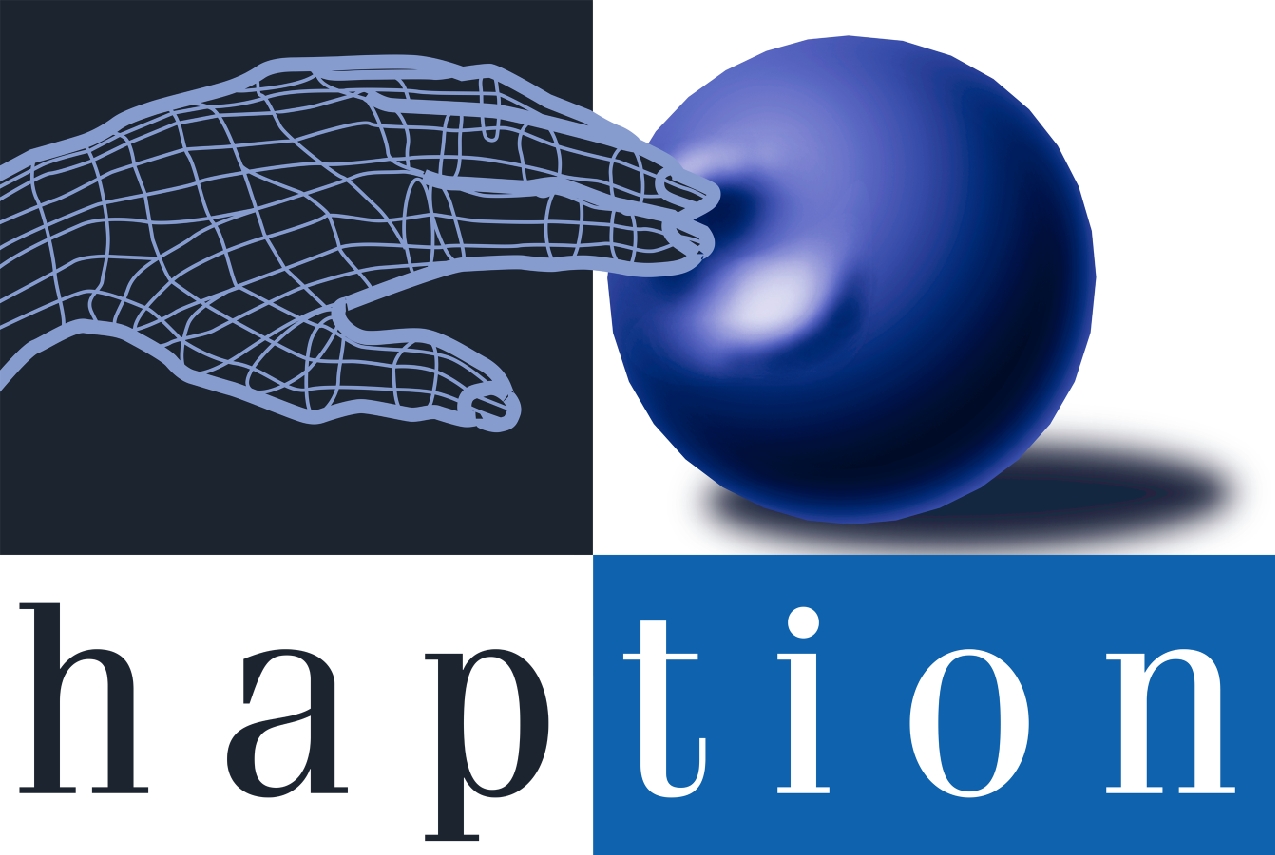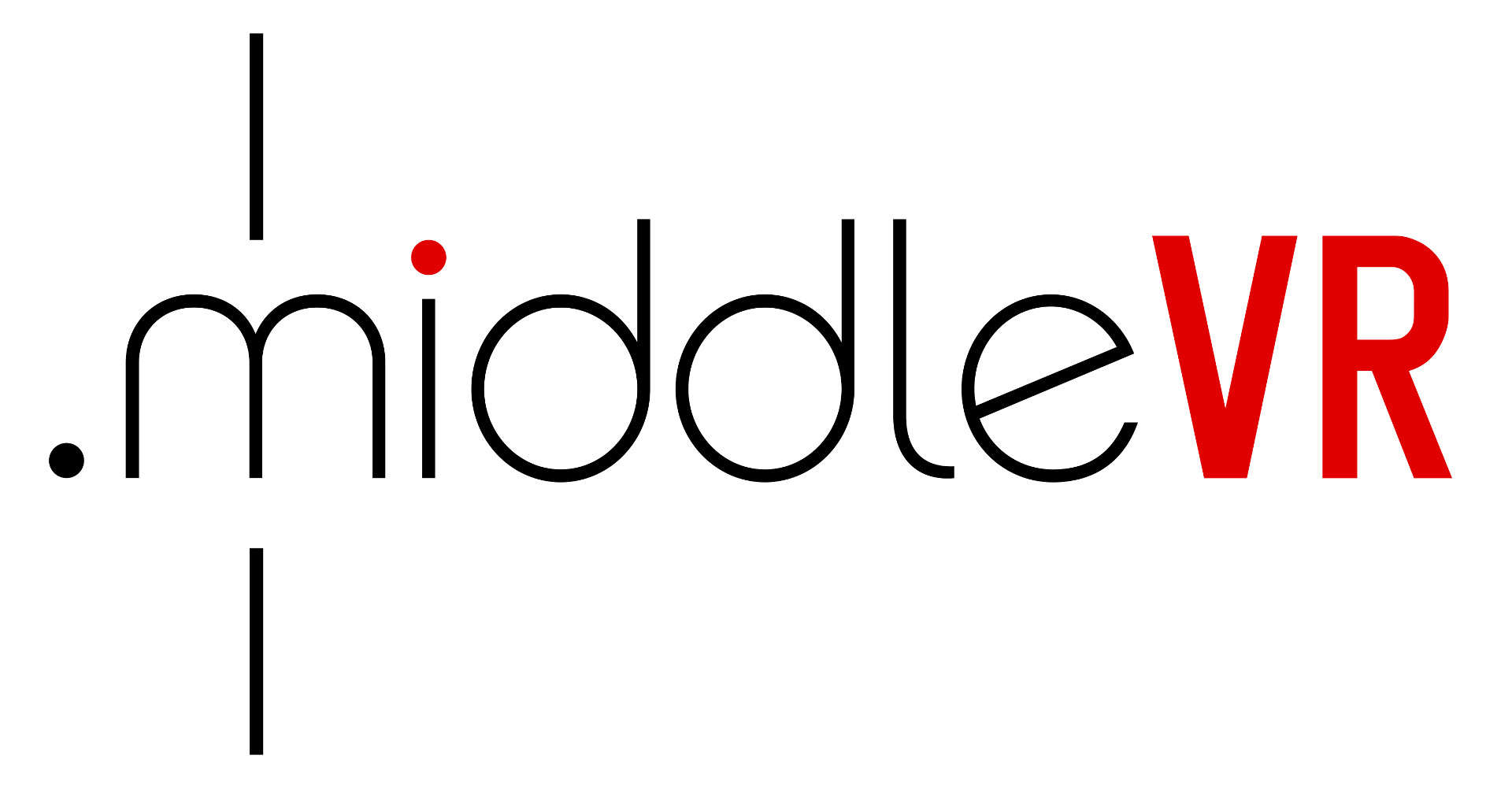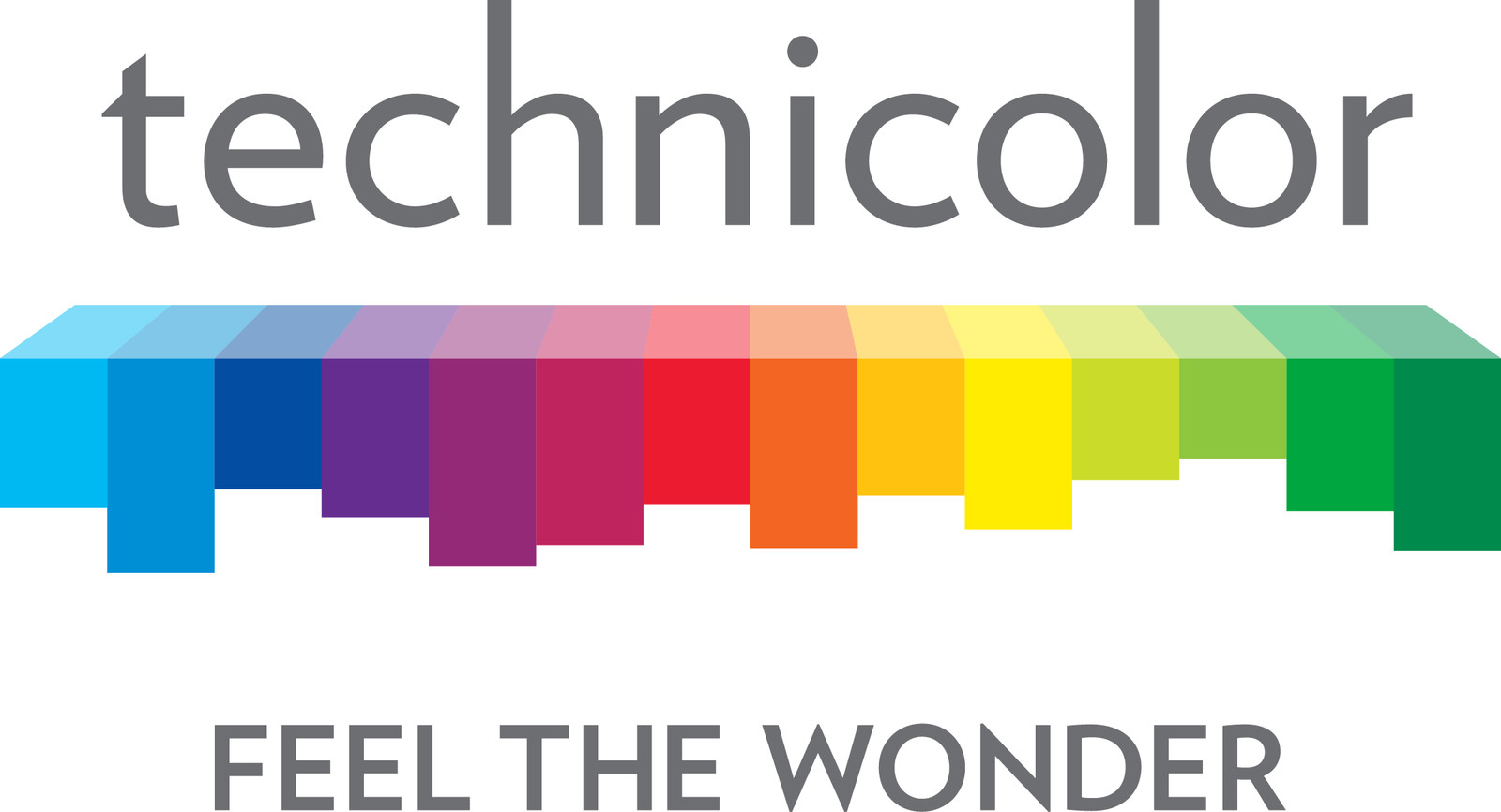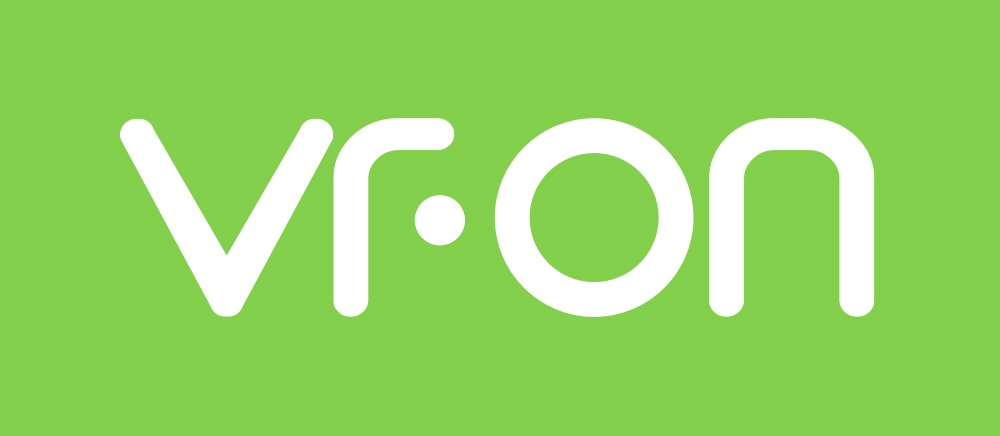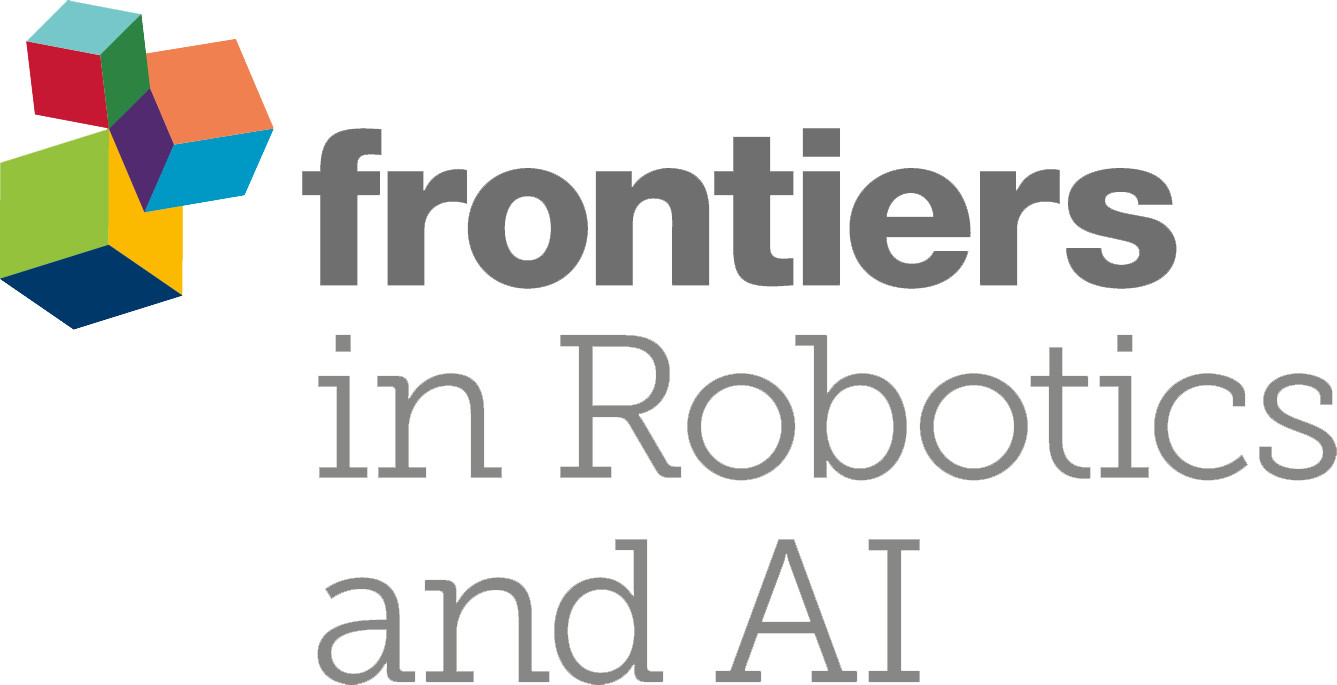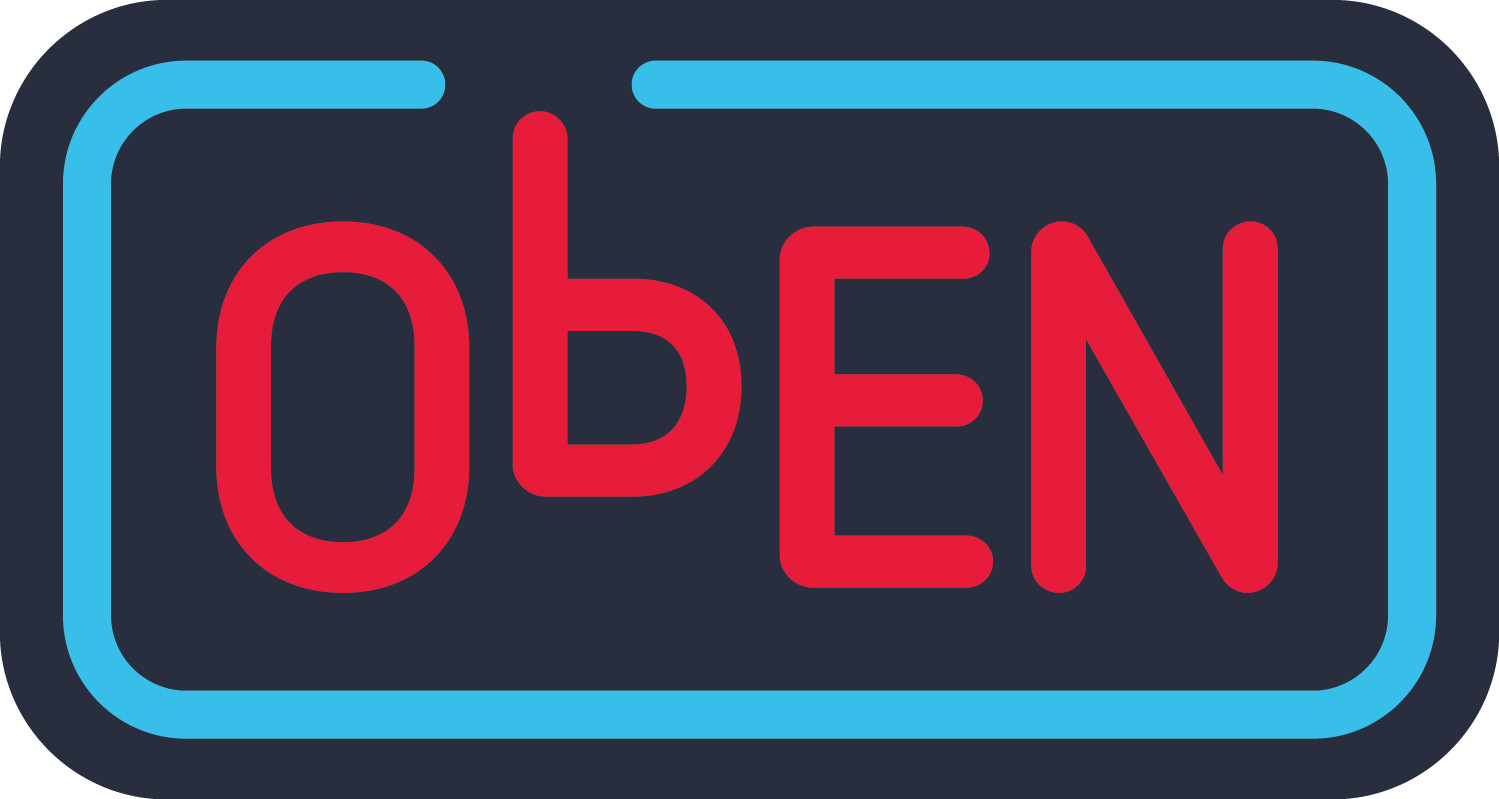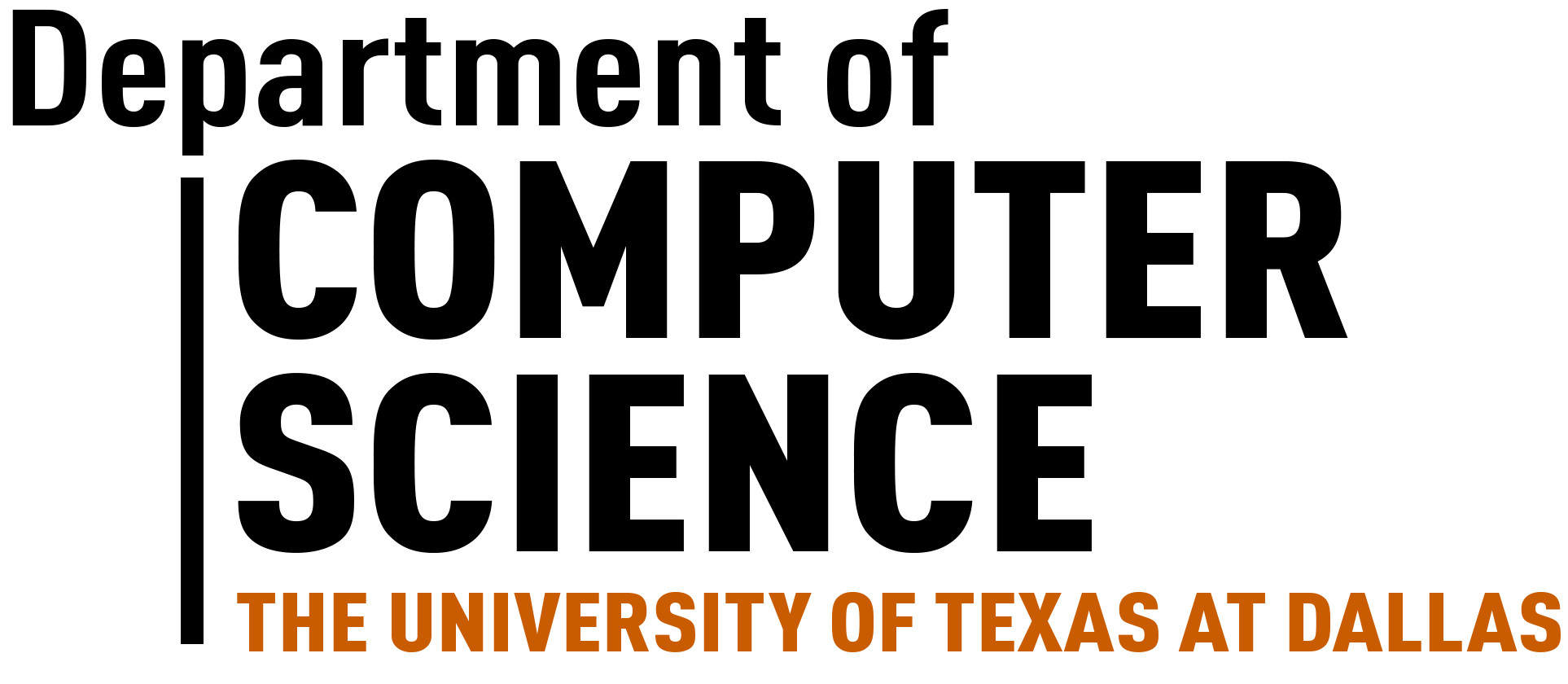2017 IEEE VR Second Workshop on K-12 Embodied Learning through Virtual & Augmented Reality (KELVAR)
https://sites.google.com/site/vrkelvar/
K-12 education is currently undergoing a technological revolution creating opportunities for Virtual-, Augmented-, and Mixed-Reality based learning. Technology integration will continue to increase as mobile devices penetrate all socioeconomic strata, and as new VR/AR/MR technologies become affordable to schools. These technologies have the potential to facilitate effective learning by leveraging the affordances this unique media including: the ability to engage students with interactive 3D simulations of real-life phenomena, presenting information that is spatially- and temporally- integrated with real objects, leveraging whole-body motions to depict and reinforce learning content, etc.
One unique strength of these technologies is their ability to deliver educational content through embodied learning. Embodied learning can take many forms, such as when a student moves their body around an augmented-reality plant in order to explore photosynthesis and plant structure. Embodied learning could occur in a CS programming course in which student creations are projected onto the classroom surfaces and where students collaborate by physically interacting with each other’s programs. Or, embodied learning can occur in an HMD-based virtual-reality experience where the student solves mathematical equations by using their hands to physically move numbers from one side of the equal sign to the other.
Technology developers, HCI researchers and cognitive and learning scientists are beginning to understand the mechanisms and benefits of embodied learning, as well as other unique affordances which make VR/AR/MR suited for education. But there are many questions about the integration of such experiences into the classroom, such as: What curriculum topics might be addressed through such technologies?; What psychological and physiological mechanisms underlie embodied cognition?; How can we design experiences that are age appropriate?; How will pedagogical approaches be influenced by such technologies?
In this workshop we aim to bring together developers and researchers who are interested in creating educational experiences for the classroom of the future. The workshop will enable participants to discuss and be exposed to different approaches for integrating virtual-, augmented- and mixed-reality technologies, specifically focusing on the challenges and potential for embodied learning in the classroom.
Keynote Speakers
Matthew Kam
- Research Lead, Google’s Education Products Team
Jinghua Zhang
- Research Lead, Google’s VR/AR Research Initiatives
Location
Los Angeles, CA, USA (co-located with IEEE Virtual Reality 2017)
Date
Sunday, March 19, 2017
Topics of interest
We welcome thought-provoking position papers and preliminary research results, on topics related to VR/AR/MR learning:
- VR, AR & MR Technologies and Applications for the Classroom
- Embodied Cognition and Learning
- User Experience Design for Children
- Curriculum-based Educational Applications
- Student-Teacher Relationships and Pedagogical Implications
- Classroom Integration of Technology
Important Dates
- Paper submission deadline: February 7, 2017
- Notification of acceptance: February 13, 2017
- Camera ready paper deadline: February 20, 2017
Submission Information
The organizing committee will select submissions based on the quality and contribution of the work relating to embodied learning in education. We seek contributions in the following formats:
- Empirical Papers: Early Research and Work In Progress (4-6 pages) - Empirical results and contributions to the field.
- Position Papers (2-4 pages) - Interesting and possibly controversial points of view, and approaches to foster a discussion at the event.
Papers must be written in English and follow the IEEE Computer Society format found at: http://www.cs.sfu.ca/~vis/Tasks/camera.html
Please send anonymized submissions to iulian@gatech.edu. Submissions should specify which paper track (Empirical paper or Position) you are submitting for.
Organisers
Iulian Radu, Erica Southgate, Francisco R. Ortega, Shamus Smith
Contact
Please send any queries to Iulian Radu (iulian@gatech.edu). For further information visit https://sites.google.com/site/vrkelvar/.
